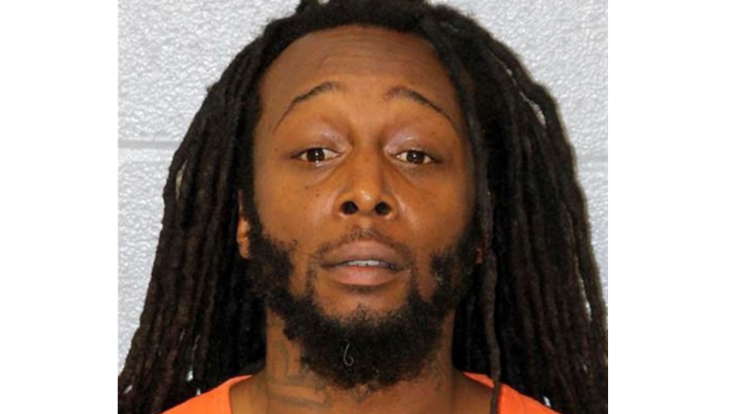'Got That White Girl': Chilling Words After Ukrainian Refugee Stabbed on US Train as Passengers Film Her Death
Authorities probe random stabbing that killed Ukrainian refugee Iryna Zarutska; suspect charged federally, motive unconfirmed

A voice, incomprehensible, yet haunting, echoed through the chaos as a Ukrainian refugee lay dying.
Iryna Zarutska, 23, fled war-torn Ukraine in 2022 with her family, seeking safety and a new life in Charlotte, North Carolina. On 22 August 2025, she boarded a city light-rail train and, moments later, was fatally stabbed in a random, unprovoked attack. The harrowing incident was caught on surveillance video, including the disturbing words: 'I got that white girl', though it remains unknown who uttered them or why.
Her tragic death has sparked intense national debate, raising urgent questions about transit safety, criminal justice, mental health systems and political responsibility.
A Tragic Attack on the Lynx Blue Line
On the evening of 22 August 2025, shortly before 22:00 EDT, Charlotte's light-rail Lynx Blue Line became the setting for a brutal and inexplicable crime. CCTV shows Zarutska seated ahead of a man later identified as Decarlos Brown Jr., 34. Four minutes into the ride, he produced a knife and stabbed her multiple times, including a fatal blow to the neck, before exiting the train and being arrested on the platform.
Charlotte-Mecklenburg Police Department (CMPD) confirmed that no motive has yet been established. The homicide unit continues its investigation and appeals to the public for any information that could shed light on the attack.
Who was Iryna Zarutska — and Who is the Suspect?
Iryna Zarutska, born in Kyiv in 2002, earned an art and restoration degree at Synergy College. She came to the US in 2022 with her mother and siblings, seeking refuge from the Russian-Ukraine conflict. She quickly embraced her new life, spoke fluent English, showed remarkable kindness and creativity, loved animals and aspired to become a veterinary assistant. Her place of work, Zepeddie's Pizzeria, described her as not just an outstanding employee but 'a true friend'.

Her attacker, Decarlos Brown Jr., was fare-jumping at the time. He has a long criminal history, including convictions for robbery with a dangerous weapon, larceny, breaking and a pattern of erratic behaviour linked to diagnosed schizophrenia. Earlier this year, he repeatedly called 911 from a hospital, claiming he was being controlled, and was released without bail.

Following the killing, federal prosecutors charged him with causing death on a mass transportation system, a crime potentially punishable by life imprisonment or the death penalty. He also faces state first-degree murder charges.
Fallout: Security, Justice and Political Firestorms
City officials responded swiftly: Charlotte Mayor Vi Lyles described the murder as 'senseless and tragic' and vowed increased security presence along light-rail platforms. The Charlotte Area Transit System (CATS) announced fare-inspection upgrades, new ticket validators and more security staffing.
State-level scrutiny followed. North Carolina's State Auditor launched an inquiry into CATS's public safety protocols and spending. The US Department of Transportation, citing a failure to ensure passenger safety, likewise opened a federal investigation.
The case quickly became a political lightning rod. US President Donald Trump and Republican lawmakers seized on the case to denounce 'soft-on-crime' policies in Democratic-run cities. Trump described the suspect as 'savages', castigating local officials for supposed failures. Democrats countered, citing broader crime declines and warning of politicising a personal tragedy.
Officials, including Trump-aligned figures and Charlotte's Democratic leadership, debated fault lines between public safety, mental health care and criminal justice reform, and questioned whether the system adequately addresses defendants diagnosed with serious mental illness.
Charlotte's heart aches with grief, not only for a young woman who sought peace, only to lose her life, but for a justice system unprepared to safeguard its most vulnerable citizens.
© Copyright IBTimes 2025. All rights reserved.




















